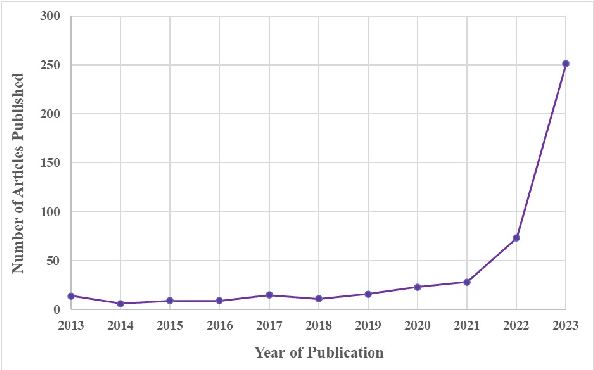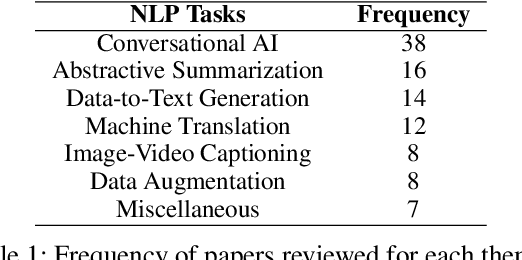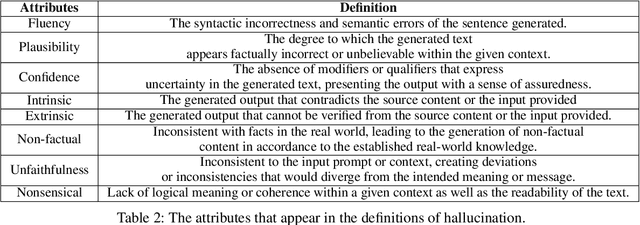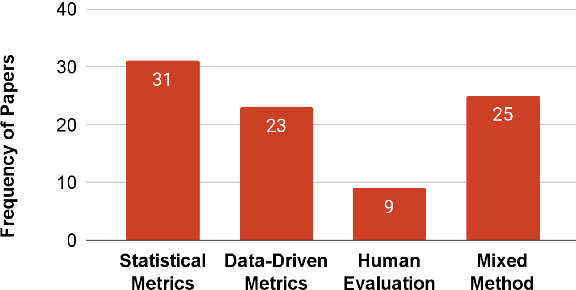Tatiana Chakravorti
Towards Experience-Centered AI: A Framework for Integrating Lived Experience in Design and Development
Aug 09, 2025Abstract:Lived experiences fundamentally shape how individuals interact with AI systems, influencing perceptions of safety, trust, and usability. While prior research has focused on developing techniques to emulate human preferences, and proposed taxonomies to categorize risks (such as psychological harms and algorithmic biases), these efforts have provided limited systematic understanding of lived human experiences or actionable strategies for embedding them meaningfully into the AI development lifecycle. This work proposes a framework for meaningfully integrating lived experience into the design and evaluation of AI systems. We synthesize interdisciplinary literature across lived experience philosophy, human-centered design, and human-AI interaction, arguing that centering lived experience can lead to models that more accurately reflect the retrospective, emotional, and contextual dimensions of human cognition. Drawing from a wide body of work across psychology, education, healthcare, and social policy, we present a targeted taxonomy of lived experiences with specific applicability to AI systems. To ground our framework, we examine three application domains (i) education, (ii) healthcare, and (iii) cultural alignment, illustrating how lived experience informs user goals, system expectations, and ethical considerations in each context. We further incorporate insights from AI system operators and human-AI partnerships to highlight challenges in responsibility allocation, mental model calibration, and long-term system adaptation. We conclude with actionable recommendations for developing experience-centered AI systems that are not only technically robust but also empathetic, context-aware, and aligned with human realities. This work offers a foundation for future research that bridges technical development with the lived experiences of those impacted by AI systems.
"Confidently Nonsensical?'': A Critical Survey on the Perspectives and Challenges of 'Hallucinations' in NLP
Apr 11, 2024



Abstract:We investigate how hallucination in large language models (LLM) is characterized in peer-reviewed literature using a critical examination of 103 publications across NLP research. Through a comprehensive review of sociological and technological literature, we identify a lack of agreement with the term `hallucination.' Additionally, we conduct a survey with 171 practitioners from the field of NLP and AI to capture varying perspectives on hallucination. Our analysis underscores the necessity for explicit definitions and frameworks outlining hallucination within NLP, highlighting potential challenges, and our survey inputs provide a thematic understanding of the influence and ramifications of hallucination in society.
A prototype hybrid prediction market for estimating replicability of published work
Mar 01, 2023


Abstract:We present a prototype hybrid prediction market and demonstrate the avenue it represents for meaningful human-AI collaboration. We build on prior work proposing artificial prediction markets as a novel machine-learning algorithm. In an artificial prediction market, trained AI agents buy and sell outcomes of future events. Classification decisions can be framed as outcomes of future events, and accordingly, the price of an asset corresponding to a given classification outcome can be taken as a proxy for the confidence of the system in that decision. By embedding human participants in these markets alongside bot traders, we can bring together insights from both. In this paper, we detail pilot studies with prototype hybrid markets for the prediction of replication study outcomes. We highlight challenges and opportunities, share insights from semi-structured interviews with hybrid market participants, and outline a vision for ongoing and future work.
 Add to Chrome
Add to Chrome Add to Firefox
Add to Firefox Add to Edge
Add to Edge